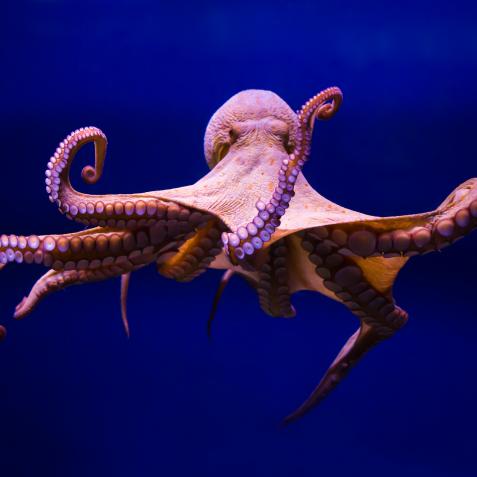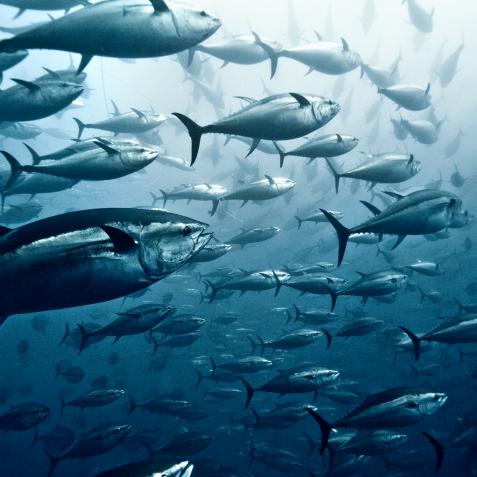
An Otterly Adorable Awareness Week
Our southern sea otters at Georgia Aquarium are furry, energetic, and (of course) adorable. They spend most of their days swimming, playing, and eating, but most importantly they inspire our guests to care for our world’s waters.
Sea Otter Awareness Week (celebrated annually in the last week of September) serves as an important reminder that this keystone species is endangered and in need of our help. Once hunted for their pelts, sea otters were on the brink of extinction. While their numbers have improved, they are still facing many challenges including entanglement in fishing nets, oil spills, and predation by great white sharks.
Georgia Aquarium has helped to care for stranded sea otters numerous times since opening in 2005. In 2019, the Aquarium took in two sea otter pups after they were found stranded near the California coastline and deemed non-releasable by the U.S. Fish and Wildlife Service. If there wasn’t an available permanent home for these pups, they would have been euthanized.

Luckily, Georgia Aquarium was able to give these two pups, Mara and Gibson, a forever home where they now serve as ambassadors for their endangered species, along with our other sea otters Brighton, Bixby, and Cruz. Brighton and Bixby were also rescued and deemed non-releasable years earlier. By providing our guests the opportunity to make a connection and learn more about sea otters, we hope to create a deeper understanding and respect for this species along with a desire to preserve their natural environment.
By caring for young sea otters, we are able to learn more about them during these formative years of their development. Our animal teams have helped to advance scientific knowledge, promoted improved management, and raised public awareness of the contributions sea otters make to healthy coastal ecosystems. Sea otters are a keystone species, meaning they keep their ecosystems in balance. They do that by eating the sea urchins found in kelp forests, without this sea urchins could overtake the kelp forest and cause more harm than good.

We hope you join us this week, and every week, in recognizing the importance of sea otters to our ocean’s ecosystem.
For more information on southern sea otters, visit the Georgia Aquarium Animal Guide.
Be sure to also check out Georgia Aquarium’s Sea Otter Webcam.












.JPG.rend.hgtvcom.476.476.suffix/1591739192725.jpeg)





